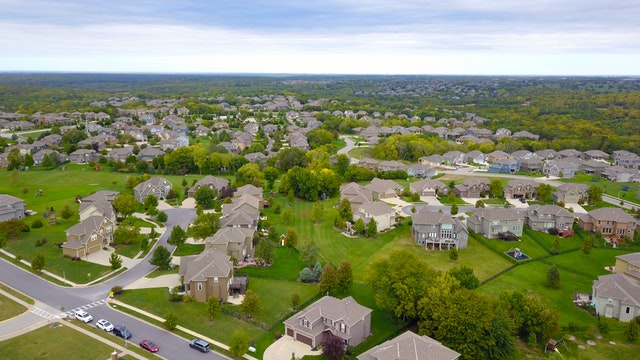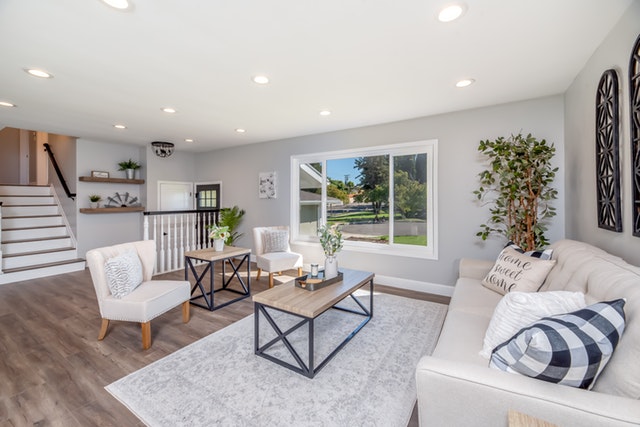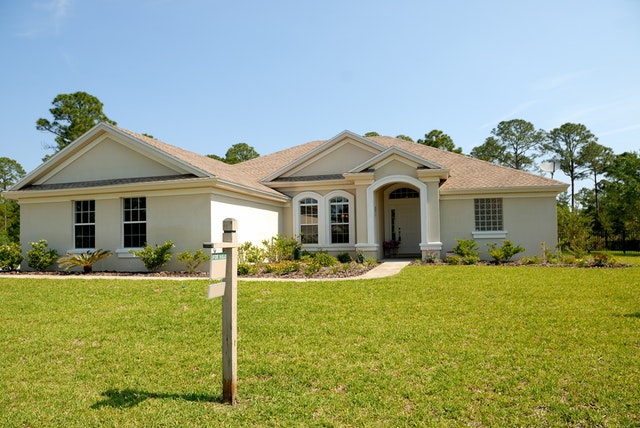What Is A Short Sale?
 Nobody enters into a mortgage assuming they are going to fall short on their payments; however, life happens and borrowers might need a way out. In serious situations, lenders may elect to foreclose on homeowners who are unable to make their mortgage payments. Fortunately, there might be another way out. This is called a short sale.
Nobody enters into a mortgage assuming they are going to fall short on their payments; however, life happens and borrowers might need a way out. In serious situations, lenders may elect to foreclose on homeowners who are unable to make their mortgage payments. Fortunately, there might be another way out. This is called a short sale.
A short sale can be used to help homeowners who are struggling cater to those who are looking to buy a home. At the same time, there are risks to both parties. Therefore, there are a few important points to keep in mind.
What Is The Structure Of A Short Sale?
If someone owes more on their mortgage than the property would otherwise sell for, this is called a short sale. In this situation, the lender accepts the money coming from the sale of the home rather than that money going to the homeowner. This is because the homeowner still owes a significant amount of money on their mortgage.
Take, for example, someone who owes $300,000 on their mortgage. In a short sale situation, he or she would sell the home for $250,000 in a short sale. In this fashion, the lender agrees to accept a smaller amount of money for the home than he or she would get otherwise. In essence, the lender is then short $50,000. This is where the name comes from.
This is different from a foreclosure. A foreclosure happens when the borrower falls so far behind on payments that the lender reclaims the property.
The Benefits Of A Short Sale
The biggest benefit of a short sale is avoiding foreclosure. A foreclosure is a disastrous event for someone’s credit score. When someone agrees to a short sale process instead, he or she will often buy a more affordable home shortly thereafter.
Buying A Home In A Short Sale
On the buyer side, the biggest benefit of targeting a short sale home is that there is usually a great deal on the price. The lender is already not getting their money on a regular basis and is often motivated the sell the home quickly to recoup their money.
On the other hand, short sales often take longer to proceed. The lender has to approve the sale and price, which might lead to delays. The condition of the house may also not be in good shape. Therefore, be sure to get a home inspection.
Calling your trusted real estate agent and mortgage loan professional is the best thing to do if you have questions regarding your home and a possible short sale.

 Have you ever seen a scientific experiment with things growing in a Petri dish? This is a metaphor for how neighborhoods grow as well. Things in a Petri dish grow towards the areas that have more nutrition to attract them and repel from areas that have bad things that they do not want.
Have you ever seen a scientific experiment with things growing in a Petri dish? This is a metaphor for how neighborhoods grow as well. Things in a Petri dish grow towards the areas that have more nutrition to attract them and repel from areas that have bad things that they do not want. Millennials are a huge socio-demographic group of over 83 million people. Many of them want to buy a home but face challenges that their parents did not necessarily have. Homes are more expensive. In most places, home prices rebounded to exceed the pre-2008 economic collapse values. Moreover, home prices continue to go up.
Millennials are a huge socio-demographic group of over 83 million people. Many of them want to buy a home but face challenges that their parents did not necessarily have. Homes are more expensive. In most places, home prices rebounded to exceed the pre-2008 economic collapse values. Moreover, home prices continue to go up. One of the dreams that many people have is to eventually retire. People work their entire lives and save diligently to be able to enjoy those golden years. When the time finally comes, people need to think about the community that is right for them. With this goal in mind, there are a few common questions that everyone should ask to find their ideal retirement community.
One of the dreams that many people have is to eventually retire. People work their entire lives and save diligently to be able to enjoy those golden years. When the time finally comes, people need to think about the community that is right for them. With this goal in mind, there are a few common questions that everyone should ask to find their ideal retirement community. A “seller’s market” happens when there are more potential buyers than homes for sale. In a seller’s market, people looking for a home may feel frustration and not easily find the home that they want. When they find a home for sale that they like, the seller of the home may receive multiple competitive offers at the same moment.
A “seller’s market” happens when there are more potential buyers than homes for sale. In a seller’s market, people looking for a home may feel frustration and not easily find the home that they want. When they find a home for sale that they like, the seller of the home may receive multiple competitive offers at the same moment.